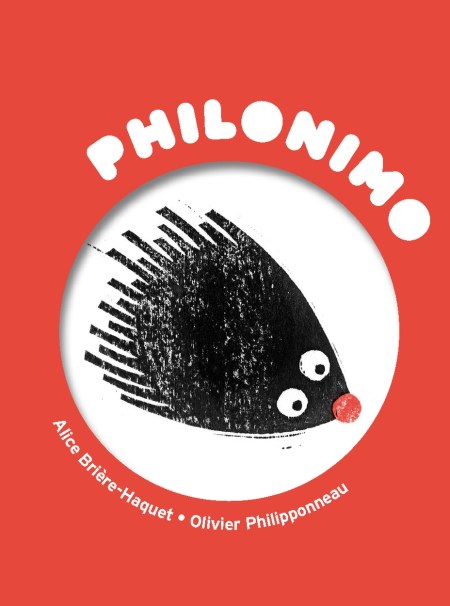Pocket Philosophy: Schopenhauer’s Porcupine
Arthur Schopenhauer (1788-1860) was a German philosopher and a proponent of pessimistic philosophy. Deeply cynical of love and the want for children, he believed humans are all mere animals – just far more unhappy, because of our self-awareness.
The porcupine dilemma is a metaphor about the challenges of human intimacy. Schopenhauer believed that, despite our good intentions, human intimacy cannot occur without substantial harm.
By adapting famous animal parables, the Pocket Philosophy series seeks to introduce inquisitive readers of all ages – from 1 to 100! – to the biggest names in philosophy.
The porcupine dilemma is a metaphor about the challenges of human intimacy. Schopenhauer believed that, despite our good intentions, human intimacy cannot occur without substantial harm.
By adapting famous animal parables, the Pocket Philosophy series seeks to introduce inquisitive readers of all ages – from 1 to 100! – to the biggest names in philosophy.
Newsletter Signup
By clicking ‘Sign Up,’ I acknowledge that I have read and agree to Hachette Book Group’s Privacy Policy and Terms of Use

